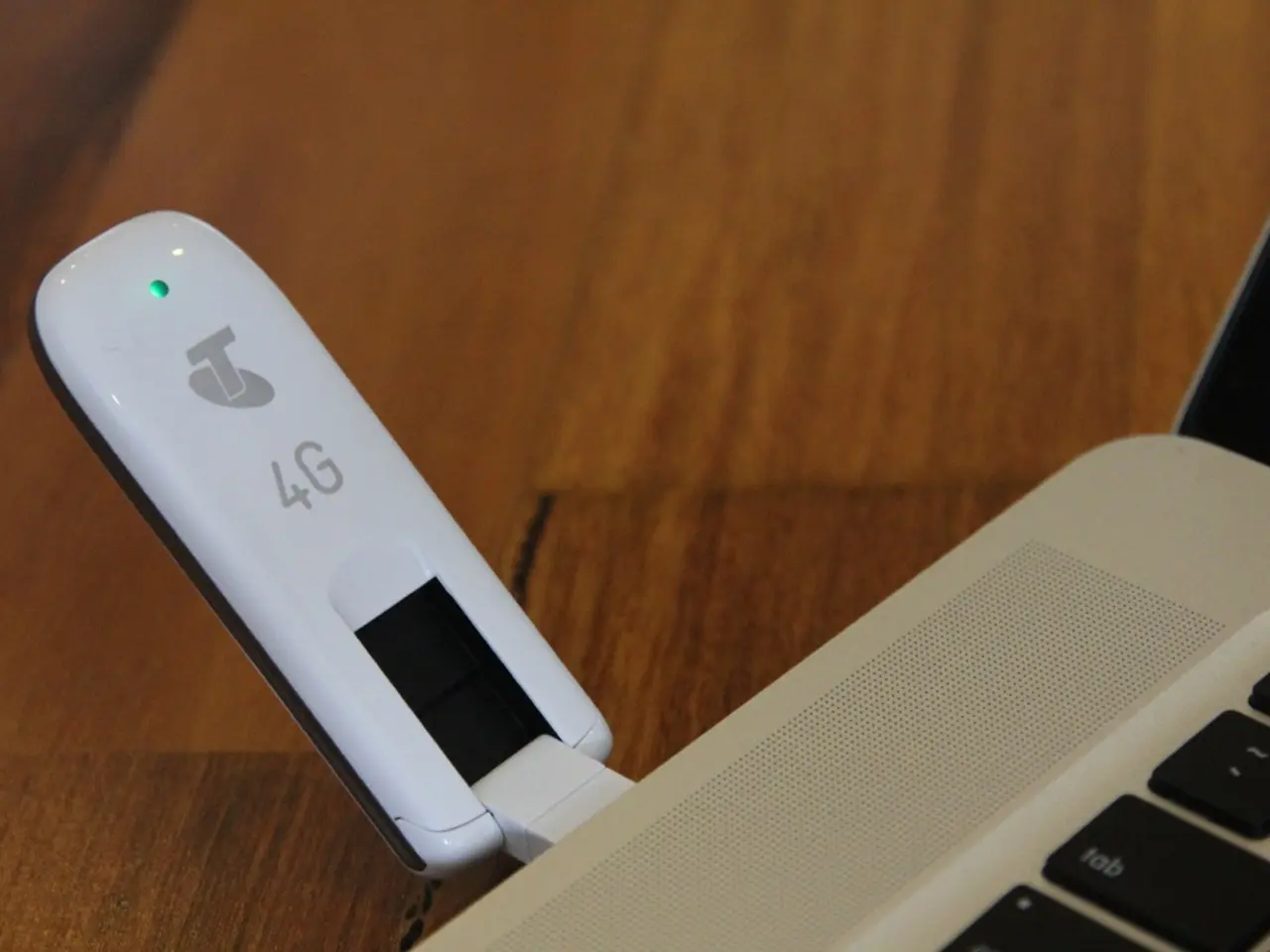China issues new advisory, suggesting businesses to shun Nvidia H20 Chips
In a recent development, Chinese authorities have issued explicit guidelines to local companies, advising them to avoid using Nvidia's H20 processors for any government or national security-related projects. This caution is particularly aimed at state enterprises and private firms involved in such work [2][4][3].
The notices sent to various Chinese companies discourage the deployment of H20 chips in government-related and national security applications, reflecting a strong official stance against the chip’s use in these sensitive sectors [2][4]. The warnings emphasize the preference for domestic semiconductor alternatives due to fears about the security and integrity of imported chips, especially those based on older Nvidia architectures like the H20 [2][3].
Chinese state media and regulators have publicly raised suspicions about the H20, including allegations of possible hardware backdoors that could be exploited for remote shutdown or surveillance. However, these claims remain unproven and are contested by Nvidia [3].
The backdrop includes tightened U.S. export controls that originally restricted the sale of Nvidia’s high-end chips to China. The H20 was a downgraded chip permitted under these controls until April 2025, when the U.S. banned its sale outright, further complicating China’s access to advanced AI hardware [1][5].
It is important to note that the report did not provide details on the potential security risks China raised over Nvidia's H20 artificial intelligence chip. Moreover, the report did not specify if any Chinese companies have complied with the authorities' guidance regarding the use of Nvidia's H20 and Advanced Micro Devices' MI308 processors.
The guidance takes a particularly strong stance against the use of Nvidia’s H20S for any government or national security-related work by state enterprises or private companies. The report did not disclose if any notices from Chinese authorities specifically mentioned AMD's MI308 chip. The most advanced chip Nvidia is currently allowed to sell to China is the H20, which is based on the company's older Hopper architecture platform.
In conclusion, Chinese authorities strongly advise against using Nvidia’s H20 chips in government or national security contexts and prefer reliance on domestic technologies to mitigate suspected security risks linked to this foreign hardware [2][4][3]. The renewed guidance on avoiding chips also impacts AI accelerators from Advanced Micro Devices.
Read also:
- Stratospheric Blockchain Network Launched by World Mobile and Protelindo
- Two Aspects I Adore in the Lexus LFR, Alongside One Concern That Troubles Me
- Powerful! If Virtual Racing Characters Represented Real-Life Supercars, the Mighty Bugatti Mistral Would Be the Game's Final Challenger
- Significant Expansion Forecasted for Gesture-Controlled Technology Wearables Sector at a Rate of 14.4%







